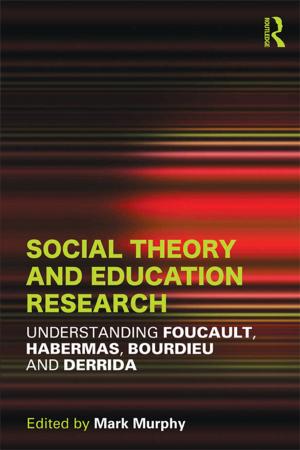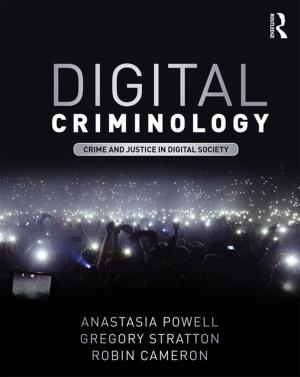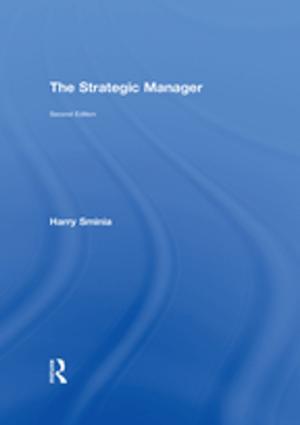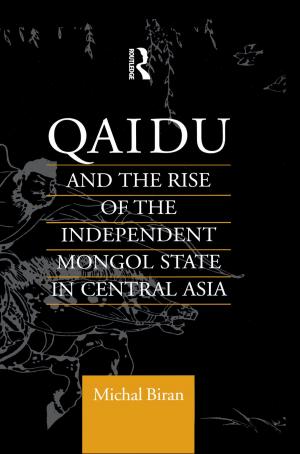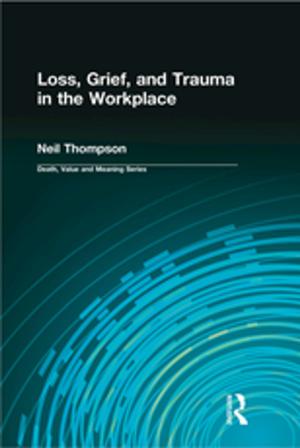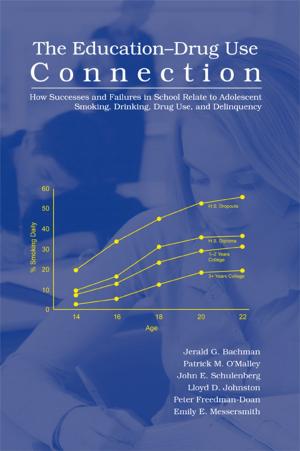This Thing Called Literature
Reading, Thinking, Writing
Fiction & Literature, Literary Theory & Criticism| Author: | Andrew Bennett, Nicholas Royle | ISBN: | 9781317698289 |
| Publisher: | Taylor and Francis | Publication: | February 11, 2015 |
| Imprint: | Routledge | Language: | English |
| Author: | Andrew Bennett, Nicholas Royle |
| ISBN: | 9781317698289 |
| Publisher: | Taylor and Francis |
| Publication: | February 11, 2015 |
| Imprint: | Routledge |
| Language: | English |
What is this thing called literature? Why should we study it? And how?
Relating literature to topics such as dreams, politics, life, death, the ordinary and the uncanny, this beautifully written book establishes a sense of why and how literature is an exciting and rewarding subject to study. Bennett and Royle delicately weave an essential love of literature into an account of what literary texts do, how they work and what sort of questions and ideas they provoke.
The book’s three parts reflect the fundamental components of studying literature: reading, thinking and writing. The authors use helpful, familiar examples throughout, offering rich reflections on the question ‘What is literature?’ and on what they term ‘creative reading’.
Bennett and Royle’s lucid and friendly style encourages a deep engagement with literary texts. This book is not only an essential guide to the study of literature, but an eloquent defence of the discipline.
What is this thing called literature? Why should we study it? And how?
Relating literature to topics such as dreams, politics, life, death, the ordinary and the uncanny, this beautifully written book establishes a sense of why and how literature is an exciting and rewarding subject to study. Bennett and Royle delicately weave an essential love of literature into an account of what literary texts do, how they work and what sort of questions and ideas they provoke.
The book’s three parts reflect the fundamental components of studying literature: reading, thinking and writing. The authors use helpful, familiar examples throughout, offering rich reflections on the question ‘What is literature?’ and on what they term ‘creative reading’.
Bennett and Royle’s lucid and friendly style encourages a deep engagement with literary texts. This book is not only an essential guide to the study of literature, but an eloquent defence of the discipline.

